When we think about the future, it’s tempting to imagine dazzling technology, space travel, or medical breakthroughs that extend life. But the truth is, climate change is stealing away parts of the human experience we take for granted. Rising seas, vanishing species, and extreme weather are reshaping what life on Earth will look like—and some of the things we grew up enjoying may be gone for good. Future generations may read about them the way we read about dinosaurs: with awe, sadness, and disbelief.
Here are 13 things future humans may never get to experience because of climate change—and each one is a reminder of what we’re losing right now.
1. Skiing On Natural Snow
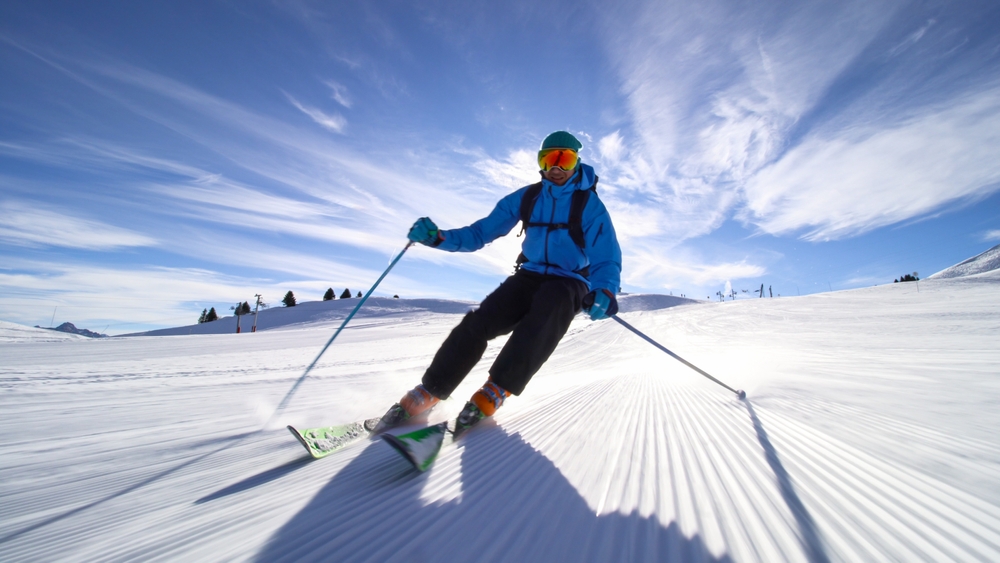
Powder-filled slopes may become relics of the past. Rising global temperatures are reducing natural snowfall and shortening ski seasons, even in mountain regions once blanketed in white. According to a study in Nature Climate Change, if emissions continue at their current pace, half of the world’s ski resorts could face “very high risk” of snow scarcity by the end of the century. The artificial snow machines we already rely on in some resorts may become the norm—or the only option.
For future humans, skiing on natural snow could feel like a fantasy preserved in old films and photographs. The crunch of powder beneath skis, the sensation of fresh snow on your face, might be experiences that belong to another era. Instead, winter sports could become increasingly synthetic, staged, and out of reach for most people. Ski culture as we know it could melt away as fast as the glaciers themselves.
2. Snorkeling In Vibrant Coral Reefs
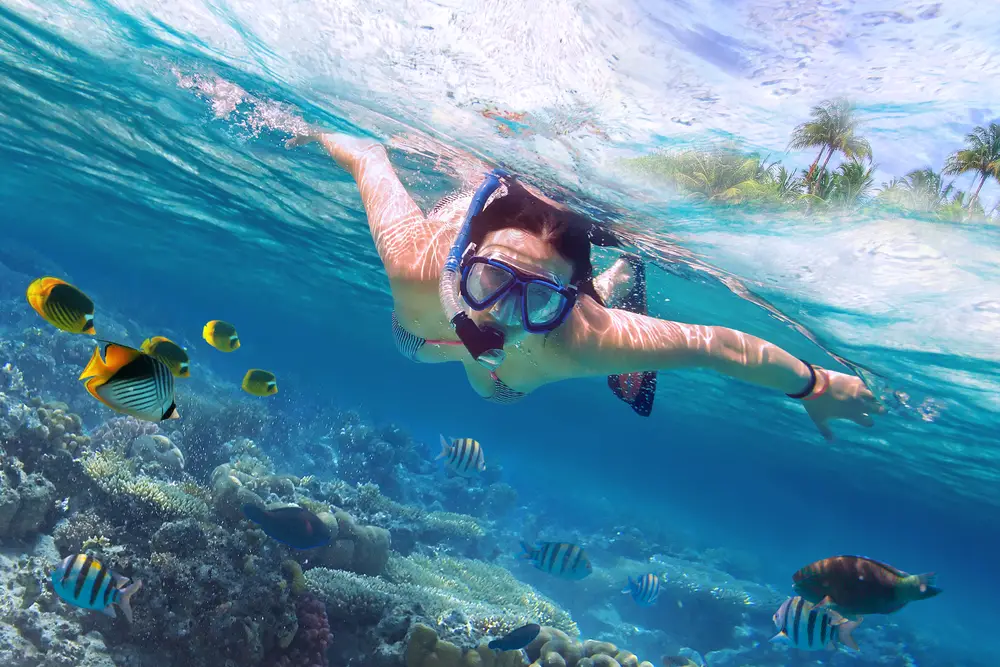
For now, reefs like Australia’s Great Barrier Reef still exist in dazzling patches of color and life. But warming oceans, acidification, and pollution are driving mass bleaching events that kill coral and devastate marine ecosystems. What used to be underwater rainforests are turning into ghostly white graveyards. Future generations may only know coral reefs through documentaries or preserved fragments in aquariums.
Snorkeling in reefs today feels like peeking into another world, one filled with kaleidoscopic fish and surreal, living architecture. Without reefs, we’ll lose not only beauty but also biodiversity—since 25% of all marine species depend on them. For children born in the next century, the word “reef” may sound more mythical than real. The closest they might come to the experience is VR goggles or museum exhibits.
3. Watching Fireflies Light Up The Night
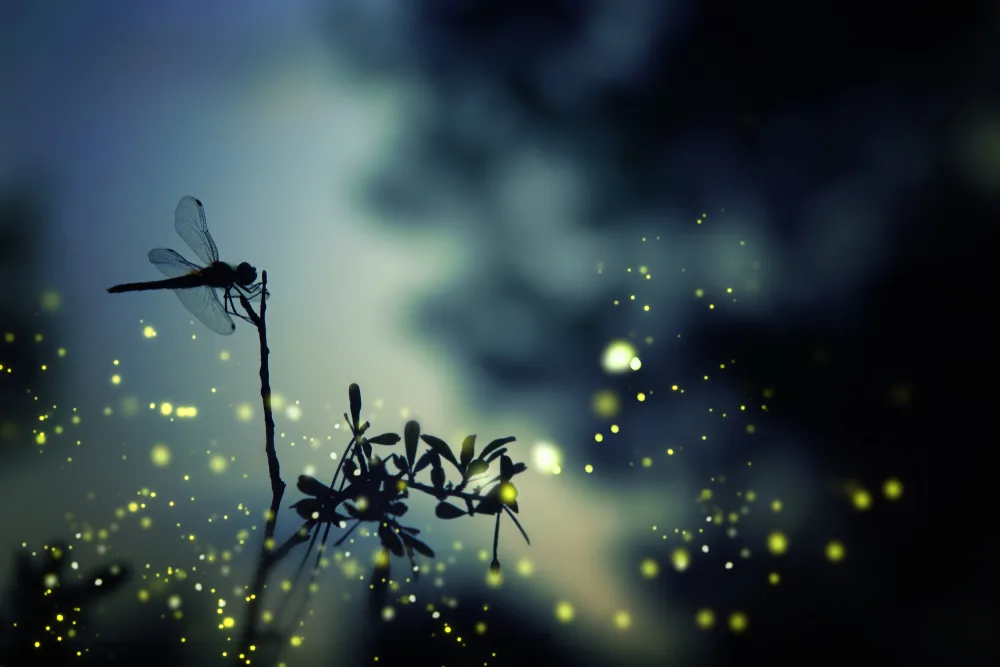
Summer nights once sparkled with fireflies blinking in the dark, an enchanting ritual that felt almost magical. But habitat loss, pesticides, and rising global temperatures are putting fireflies at serious risk. Research published in BioScience warns that many firefly species are in decline worldwide, with climate change listed as a key threat. The gentle glow of lightning bugs may fade into a memory rather than a shared experience.
For future humans, summer nights may feel darker and eerily still. The wonder of chasing fireflies with jars in hand could disappear, robbing childhood of one of its simplest pleasures. Losing fireflies isn’t just about nostalgia—it’s about the collapse of delicate ecosystems that once felt eternal. It’s the kind of quiet loss we don’t notice until it’s too late.
4. Road Trips Without Extreme Weather Interruptions

Hitting the open road has always symbolized freedom. But increasingly, road trips are disrupted by floods, wildfires, and extreme heat waves that make travel dangerous. Highways are closing more often, and whole routes through national parks are being rerouted or destroyed by natural disasters. The spontaneity of a classic road trip may be replaced with weather apps, warnings, and backup plans.
Future humans may never know what it’s like to drive carefree through scenic routes without worrying about climate extremes. Instead, road trips may become logistical puzzles filled with risk assessments and detours. The romance of “just going” may vanish under the weight of climate reality. Road trips, once a rite of passage, may lose their magic.
5. Eating Chocolate Without Guilt

Cacao, the plant behind chocolate, is under serious threat from rising temperatures and shifting rainfall patterns. According to the National Oceanic and Atmospheric Administration (NOAA), more than half of the world’s cacao-growing regions could become unsuitable for cultivation by 2050. Farmers are already struggling to adapt, and the chocolate industry is bracing for shortages. Chocolate bars may one day be luxury items, reserved for the wealthy.
Future humans may never know the abundance of chocolate treats we take for granted—from Halloween candy to hot cocoa on winter nights. The comfort of grabbing a chocolate bar at the corner store could become a thing of the past. Instead, they might see chocolate like we see caviar: rare, expensive, and indulgent. The loss would sting not just our taste buds but our cultural rituals.
6. Laying On Sandy Beaches Without Plastic
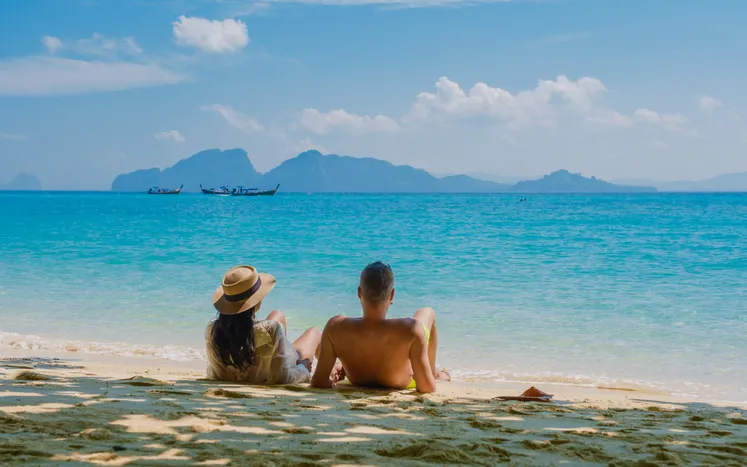
For decades, beach days have meant salty air, warm sand, and waves crashing in the distance. But beaches are increasingly covered in plastic waste, from bottles to microplastics so tiny they’re almost invisible. By 2050, scientists estimate there could be more plastic in the ocean than fish by weight. The idyllic image of a pristine shoreline may become pure fantasy.
Future humans may never know what it’s like to dig their toes into clean sand without worrying about sharp fragments of trash. Beach vacations could mean navigating pollution instead of paradise. Even the sound of waves could lose its magic, knowing what’s floating in them. It’s a small but heartbreaking shift in how humans connect with nature.
7. Drinking Coffee Every Morning
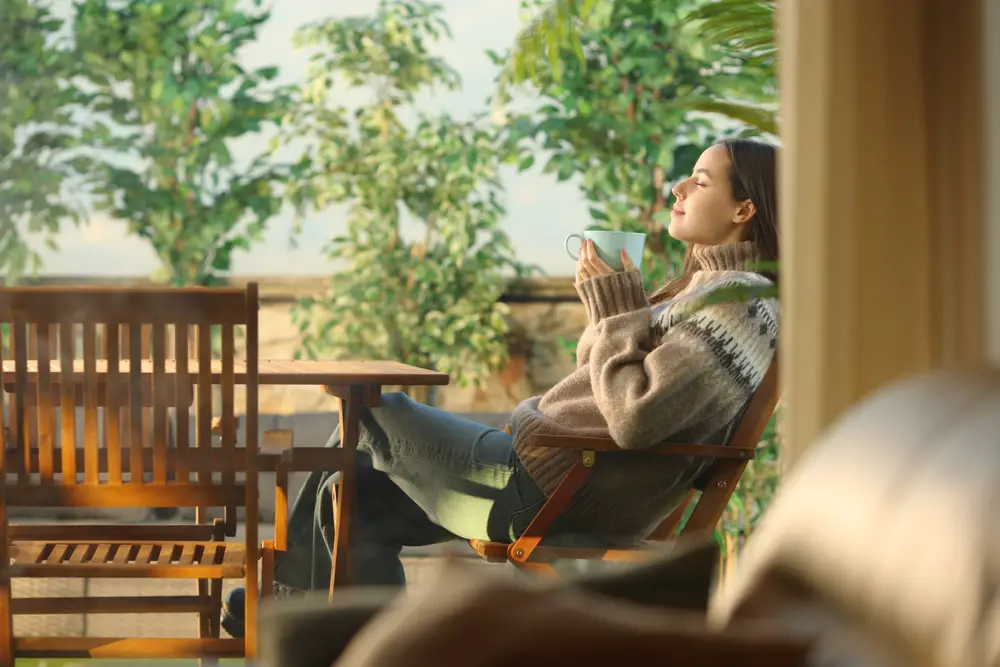
Coffee—the morning ritual millions rely on—is facing a shaky future. Rising temperatures and unpredictable rainfall are threatening coffee crops around the world. A 2022 study in Nature Plants predicts that climate change could cut the area suitable for growing Arabica coffee by up to 50% by mid-century. For future humans, a steaming cup of coffee may be more luxury than routine.
Imagine a world where “grabbing a coffee” isn’t a casual habit but an expensive indulgence. The daily ritual that fuels productivity, conversation, and culture could become reserved for the privileged few. Without coffee, entire social patterns—from cafés to morning commutes—would shift dramatically. Future generations may wonder how we ever took something so fragile for granted.
8. Stargazing Without Light And Smoke
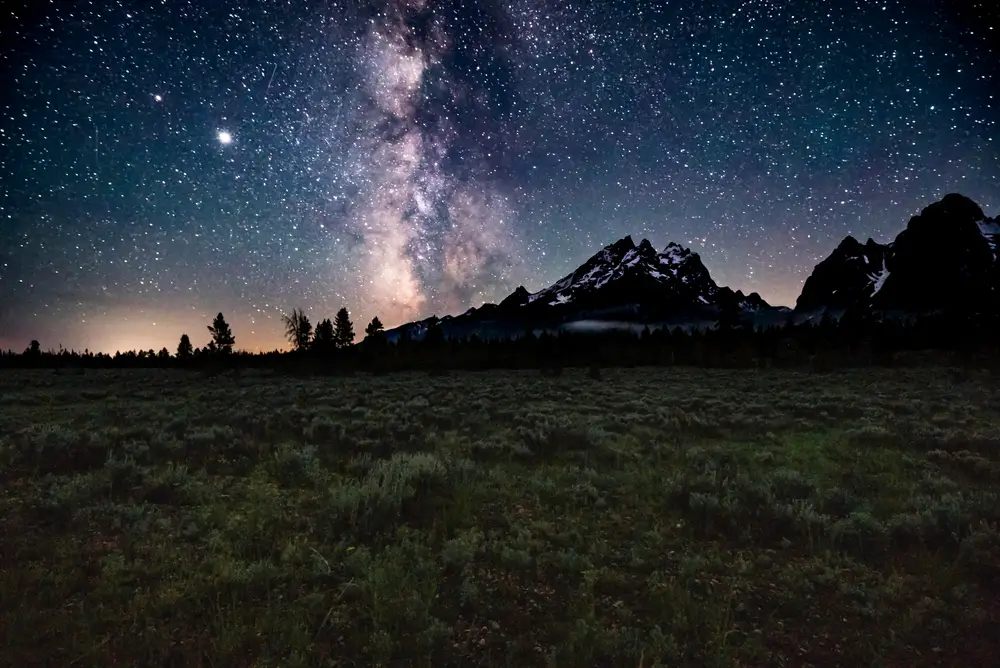
For thousands of years, humans looked up at the night sky and saw wonder: the Milky Way, constellations, and shooting stars. Today, smoke from wildfires and light pollution are making those views increasingly rare. The stars are fading behind a haze that feels permanent. For many kids growing up now, seeing the Milky Way is already a once-in-a-lifetime experience.
Future humans may never get to gaze at a truly dark night sky, free from haze and pollution. Stargazing could become an expensive trip to remote “dark sky reserves” rather than a nightly ritual. The awe of seeing countless stars may be replaced with sterile digital simulations. It’s a loss of cosmic connection that will quietly reshape our sense of wonder.
9. Experiencing Spring As We Know It
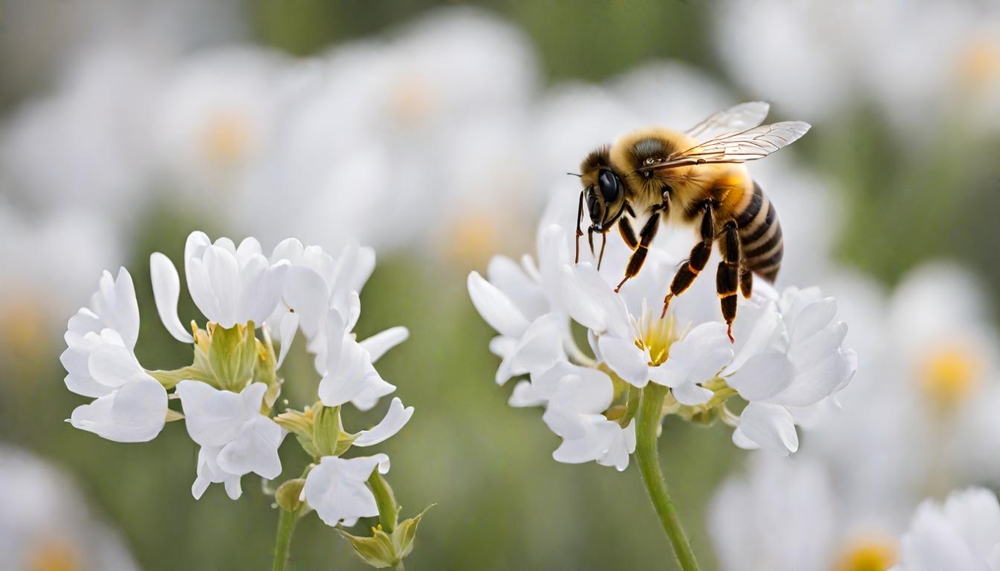
Spring has always been a season of renewal—flowers blooming, birds returning, warmer air replacing the chill of winter. But climate change is disrupting seasonal rhythms, causing earlier thaws, shifting migration patterns, and mismatched pollination cycles. Cherry blossoms are blooming weeks earlier in places like Japan and Washington, D.C., disrupting centuries-old traditions.
Future humans may never know spring as the gentle, balanced season we grew up with. Instead, they could inherit unpredictable shifts—heat waves in March, frost in May, or barren landscapes when flowers fail to bloom. The poetry of springtime could become something written in past tense. The loss wouldn’t just be ecological, but emotional and cultural too.
10. Breathing Fresh Air Without Filters

Clean, crisp air has always been a simple pleasure. But with worsening wildfires, smog, and rising urban pollution, fresh air is becoming harder to find. Cities across the globe now issue regular “air quality warnings,” and masks are no longer just for pandemics. Breathing freely outdoors may no longer be possible for future humans without technology.
Air purifiers, oxygen bars, and specialized masks may become everyday necessities. The idea of opening a window for a breeze could feel quaint, even dangerous. Future generations might grow up associating “fresh air” with machinery rather than nature. What we inhale may no longer be natural at all.
11. Walking Through Rainforests
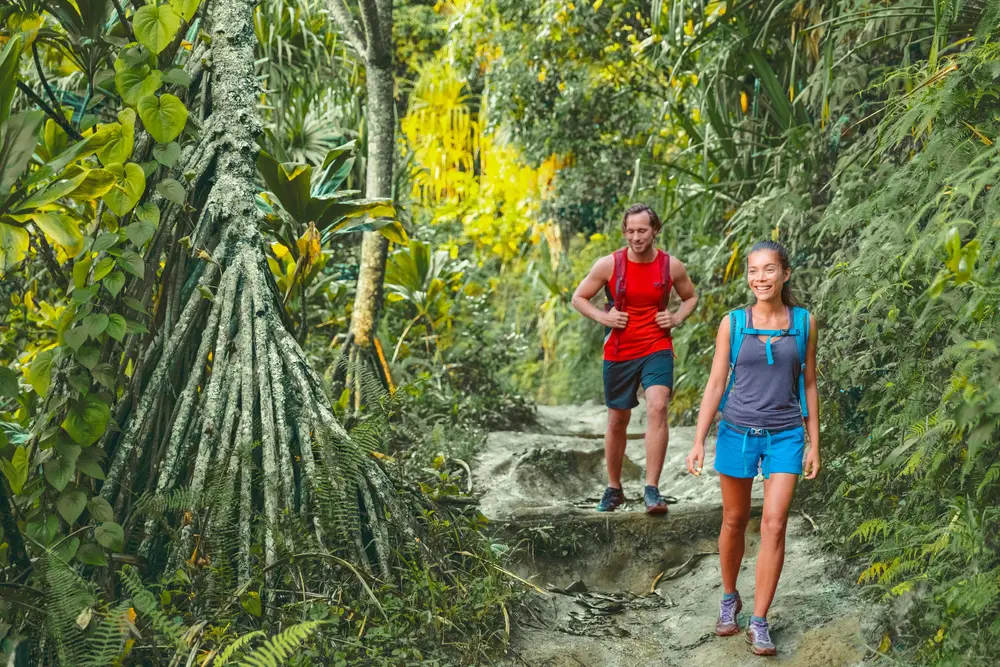
Rainforests are shrinking at alarming rates, and with them, countless species are disappearing forever. The Amazon, often called the lungs of the planet, has lost millions of acres to deforestation and fires fueled by climate change. Walking beneath the canopy of a thriving rainforest, hearing its cacophony of life, may be something future humans can only imagine.
For them, rainforests may exist only in documentaries or heavily managed eco-preserves. The sensory overload—the damp smell, the insect buzz, the green stretching endlessly overhead—could disappear from human experience. It’s not just the forests we’re losing, but the irreplaceable sense of wonder they bring.
12. Ice Cream Trucks In Summer

The jingle of an ice cream truck rolling through neighborhoods was once the sound of pure joy. But heat waves, melting infrastructure, and the rising cost of cold storage are threatening the tradition. Already, extreme heat in some regions is making it dangerous for vendors to operate during summer. Ice cream itself may become more expensive as dairy and sugar crops are disrupted.
For future humans, the concept of chasing a truck for popsicles on a hot day may sound like a fairytale. Instead, ice cream may be a boutique luxury, served in controlled environments rather than melting in the sun. The loss of such a simple ritual would rob childhood of one of its sweetest memories.
13. Celebrating Holidays With Real Trees

Christmas trees, once abundant, are becoming harder to grow as droughts and heat waves devastate plantations. Wild trees are under pressure too, with entire forests struggling to survive climate stress. The smell of pine, the ritual of decorating a live tree, may one day be impossible for most families.
Future humans may only know artificial trees or digital projections of decorated evergreens. The tactile joy of picking out a tree, stringing it with lights, and smelling its resin in the living room could be lost. Holidays will adapt, but one of their most nostalgic traditions could vanish forever.
